State-owned Swedish iron ore producer LKAB has released its interim report for July–September 2025. The company’s net sales fell by 9 percent year-on-year to 7.6 billion SEK (695,9 million EUR), mainly due to lower iron ore prices and a weaker US dollar.
The most striking factor was the high cost resulting from the expansion of the urban transformation project in Kiruna. Following new deformation forecasts for the city, LKAB expanded the affected area and now expects additional transformation investments of around 20 billion SEK (1.83 billion EUR), approximately 4 billion of which were charged to the third-quarter results.
CEO Jan Moström emphasized that the transformation costs are necessary, stating: “Urban transformation has a significant impact on our results, but it is an investment in the future. Without taking this step today, we wouldn’t be able to sustain long-term production in the Kiruna mine. This transformation secures the future of both our mining operations and the city itself.”
Moström stressed that the project is critical not only from a mining perspective but also for Kiruna’s sustainable development: “Mining cannot continue without a vibrant Kiruna. Therefore, we must carry out this transformation responsibly and in close dialogue with the local community.”
According to the report, LKAB maintained stable production and delivery volumes compared to the same quarter last year. After disruptions in 2024, production performance this year was more balanced on a quarterly basis. However, weak iron ore prices and a soft US dollar continued to weigh on profitability.
The company also noted that capacity limitations on the Iron Ore Line, which is prioritized in the Swedish Transport Administration’s 2026–2037 national infrastructure plan, remain a major bottleneck. Moström explained, “The current transport system cannot keep pace with our production rate. As long as delivery capacity is not increased, stockpiles will continue to grow. In a low-price environment, maintaining high delivery volumes is crucial for competitiveness.”
Meanwhile, the main hearing in the environmental permit process for the Malmberget site began in August, with a final decision postponed until the spring of 2026.



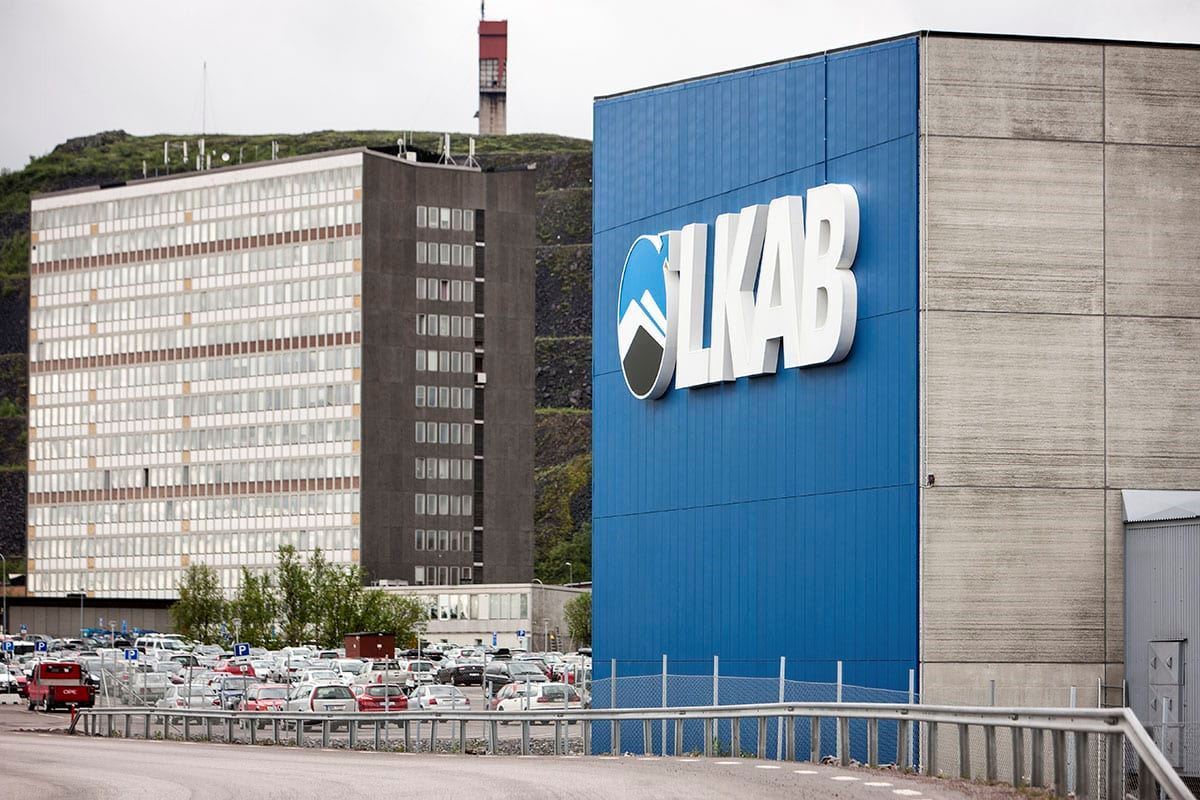
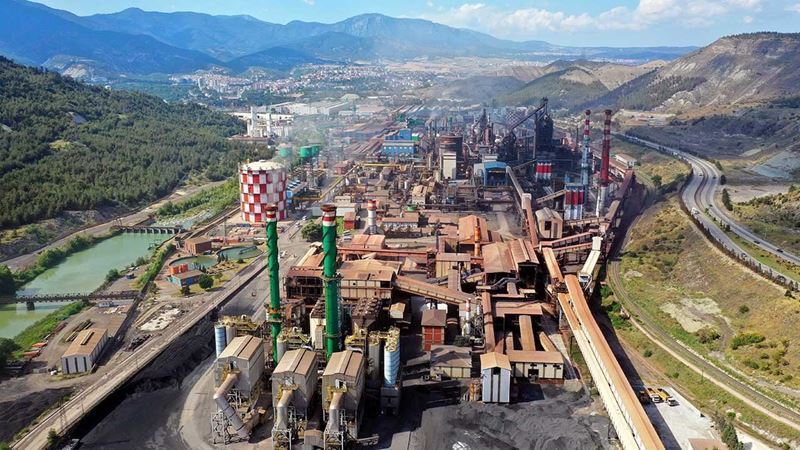
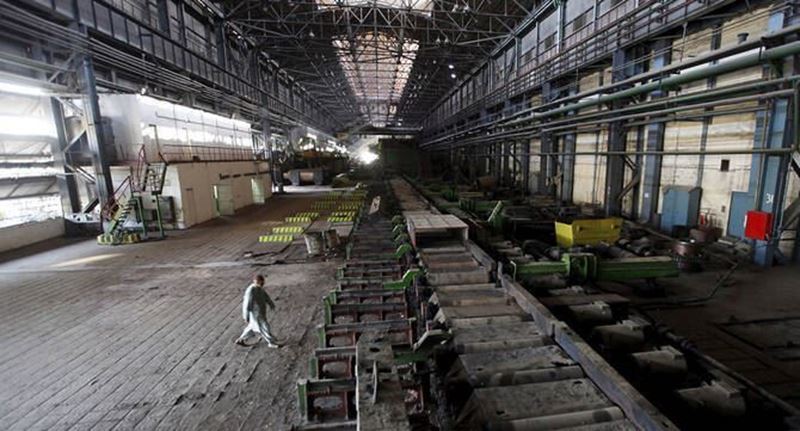
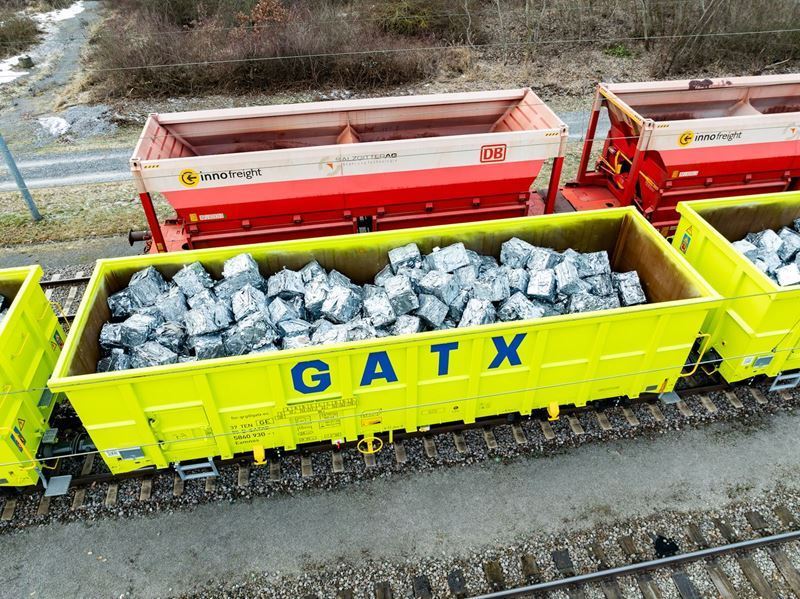
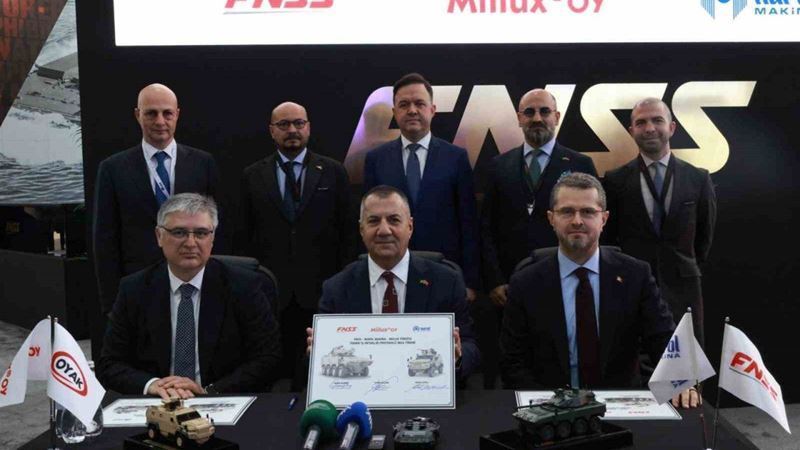
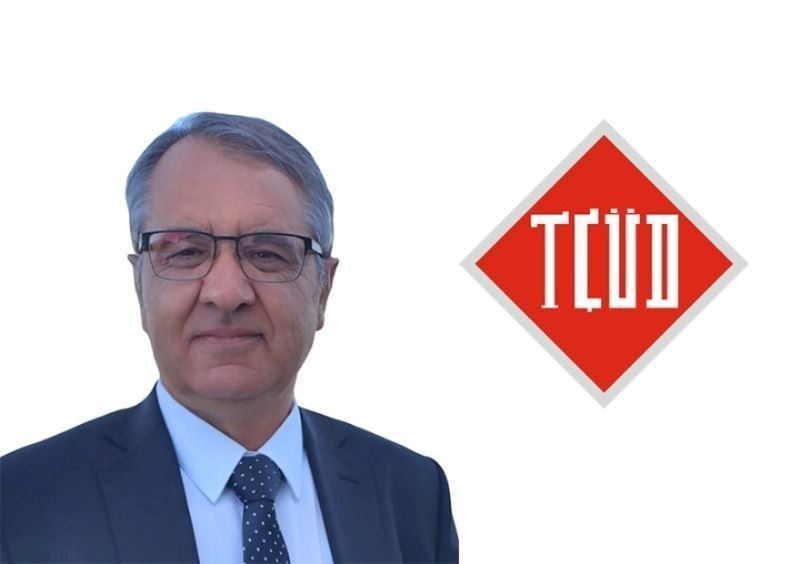


Comments
No comment yet.